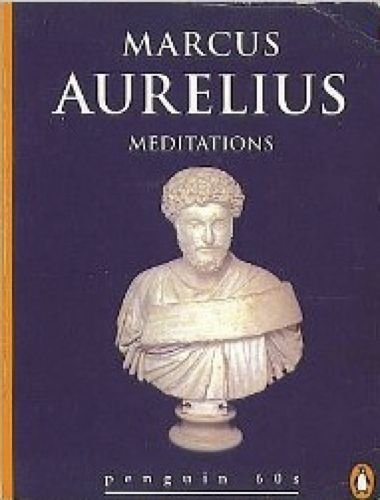
Book 3 of the ‘Penguin 60s’ collection moves on from classic fairytales to classical Roman literature. Marcus Aurelius was Emperor of Rome from AD161 to his death in 180 and is often referred to as the last of the ‘Five Good Emperors’. However, what is remarkable about this fascinating and significant tome is not simply that it continues to be read nearly a thousand years after it was written, but that it continues to resonate with scholars and contemporary world leaders alike.
This slim abstract from the original twelve volumes gives the reader an extraordinary glimpse into the mind of a leader of one of the world’s largest and most influential empires. The ‘Meditations’ as they became known, record the reflections of an emperor and the Stoic philosophy that underpinned his view of that world and man’s place within it. It is not an essay, but in the main a collection of sayings, which today might be seen as the equivalent of snappy ‘sound bites’. That they remain worthy of study and continue to be often quoted is surely testament to their literary value. Marcus Aurelius was capable of maintaining a brutal regime, consistent with the period, but history has certainly looked positively on this particular aspect of his legacy.
“So here is a rule to remember in future, when anything tempts you to feel bitter: not, ‘This is a misfortune’, but ‘To bear this worthily is good fortune’.”
And reassuringly…
“Nothing can happen to any man that nature has not fitted him to endure.”
